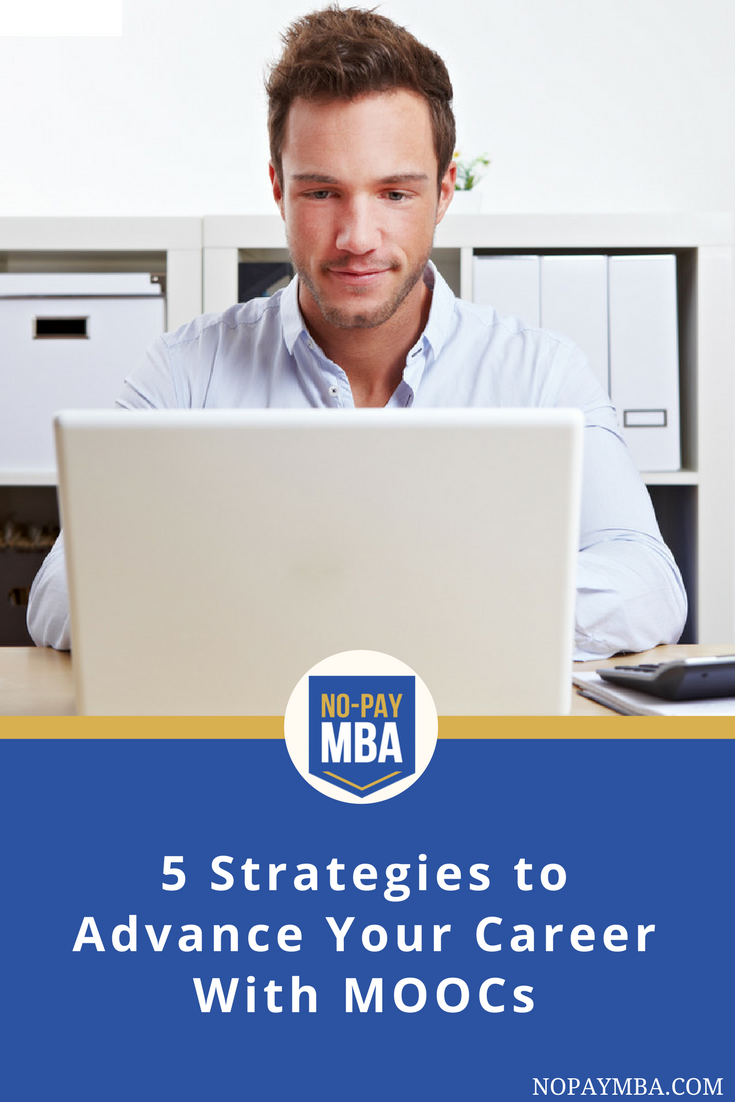Want to Succeed in Self-Led Learning? Act Like An Entrepreneur
Not everyone is capable of succeeding in a self-directed business education. Do you have what it takes?

Let’s face it. Not everyone is capable of succeeding in a self-directed business education. I have used this blog to chronicle my journey through a self-made, MBA-style business education, which I put together using MOOCs and other free and low-cost resources. Along the way, I have worked with many other self-directed learners (some of whom you can meet by joining our Facebook group). I have seen a number of people experience great success with self-directed business education, from gaining confidence at work, to scoring promotions, to launching businesses. Unfortunately, I’ve also seen a lot of people who start out with great intentions fail to see it through.
In my years of studying business and working with self-directed learners, I have noticed some common characteristics, behaviors, and ways of thinking that define those people who do succeed with self-directed learning. It turns out, the people who are most successful pursuing No-Pay MBAs have a lot in common with entrepreneurs.
Based on these observations of successful independent business students, here are six ways acting like an entrepreneur can help you get a career-launching business education without breaking the bank.
How Acting Like an Entrepreneur Can Help You Succeed In Your Business Education
1. Don’t be satisfied with the status quo.
Entrepreneurs don’t take the world as it exists today as a given; they are constantly thinking about how things can be improved. Likewise, don’t assume that the holding (or lacking) a particular credential is the most important factor in your success. Entrepreneurs inspire people with their vision of the future. Can you imagine a future in which your skills and abilities are more important than the credentials you hold? So can I.
2. Take calculated risks.
Many people erroneously assume that entrepreneurs are unbridled risk-takers. It’s true that entrepreneurs take risks, but rather than simply betting the farm on whatever prospect comes their way, successful entrepreneurs take smart, strategic risks. Pursuing a self-directed business education rather than an accredited MBA is certainly a risk. But if you’ve done your homework on your industry of choice and the expected financial return on a degree, it could be one of the smartest risks you ever take.
3. Decide when to play by the rules and when to make your own rules.
Sometimes it pays to follow the established path. Other times, it makes more sense to drop out of Stanford and pursue your own dream. Maybe it makes sense for you to get a traditional degree. Then again, maybe you’ll be better of making your own way.
4. Remain curious about the world and open to the fact that you always have more to learn.
Rather than assuming your current skills and abilities are fixed and unchangeable, adopt the attitude that you can expand your horizons, adopt new skills, and seize new opportunities. Many entrepreneurs get bored quickly and are constantly seeking out new problems to solve. Don’t get stuck in a rut. Seek out new ways to learn and grow.
5. Learn from failure.
Perhaps one of the hardest things entrepreneurs have to do is to pick themselves up and dust themselves off after a failure. So you failed Advanced Credit Risk Management on your first attempt? Take a hard look at your approach, tweak it, and try again.
6. Develop deep self-confidence.
Entrepreneurs believe in themselves and their ideas, even after experiencing failure, and even when those around them question their decisions. A rock-solid belief in your ability to learn, grow, and succeed will serve you well in your self-directed business education.








